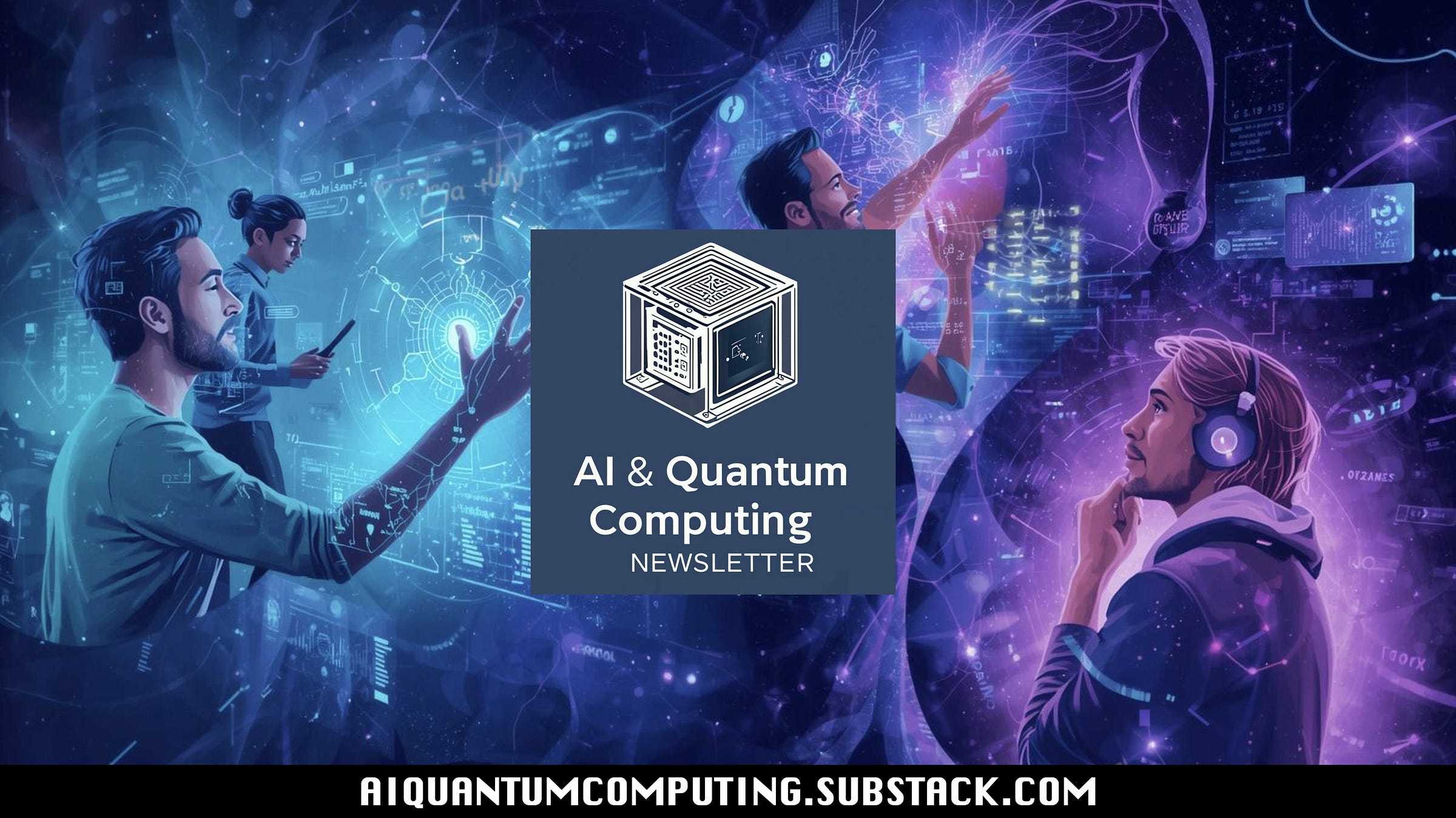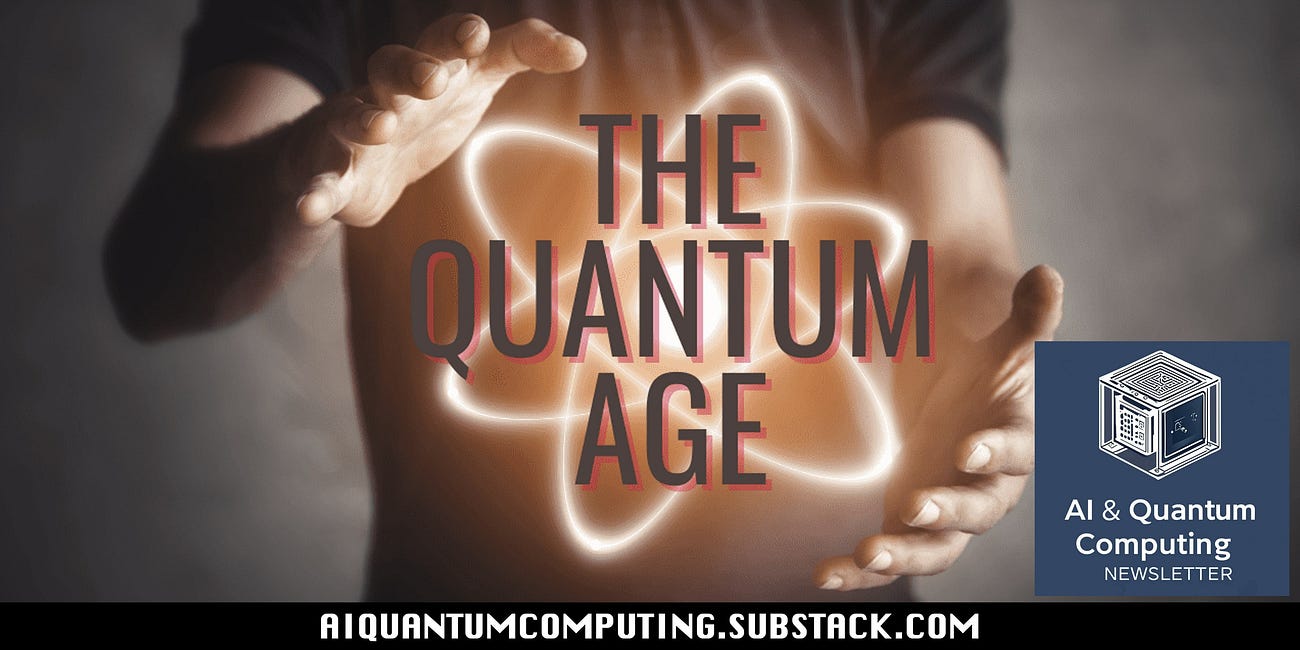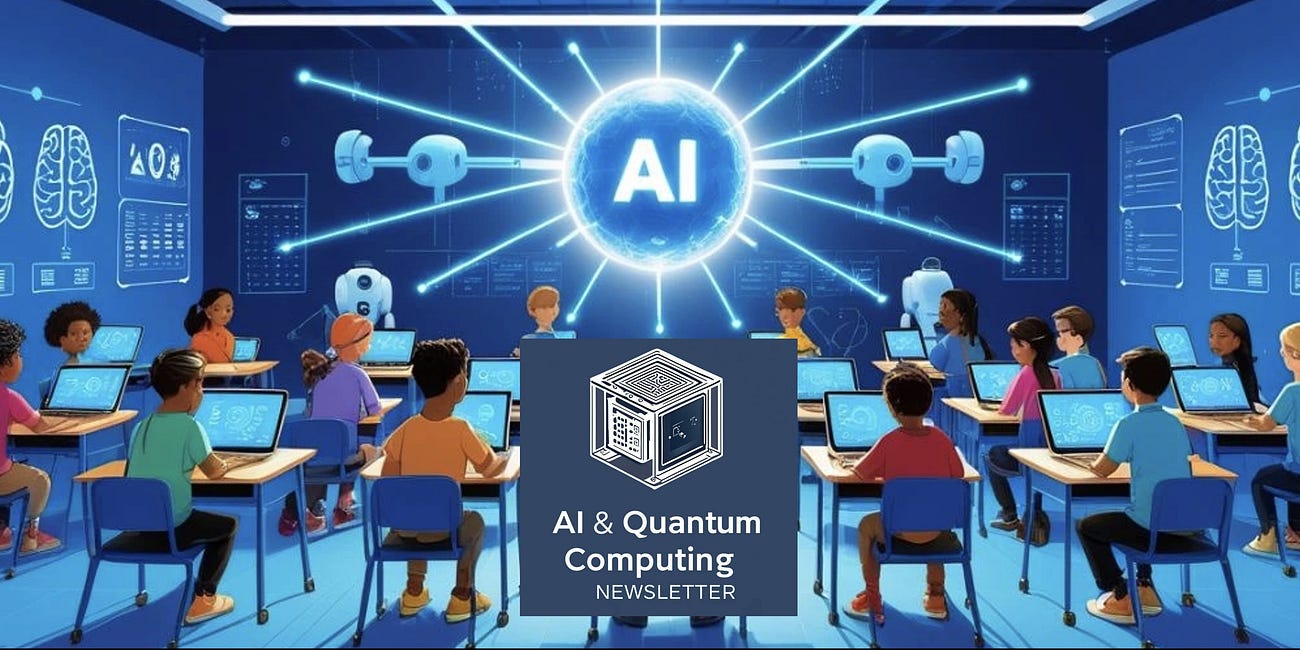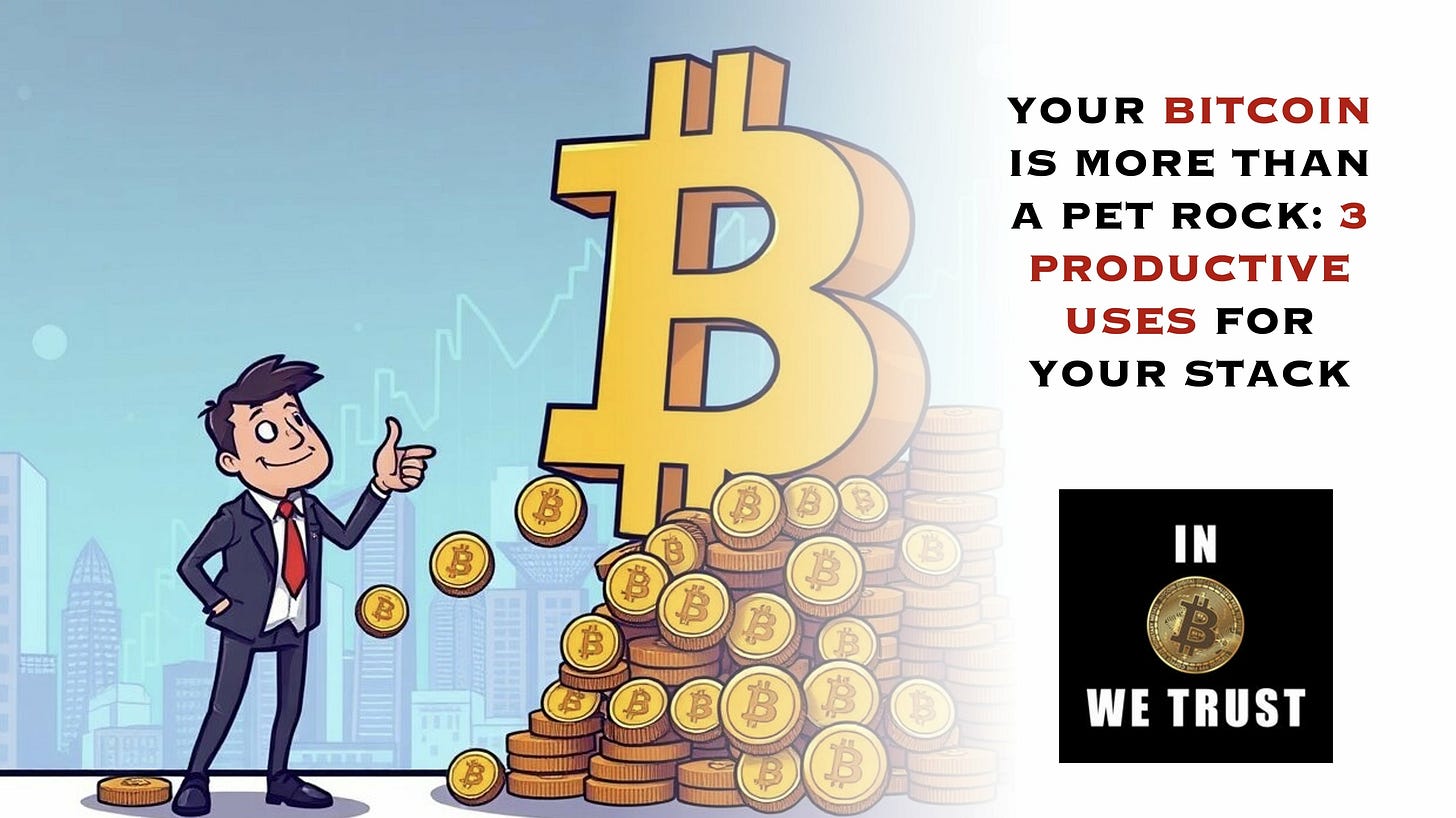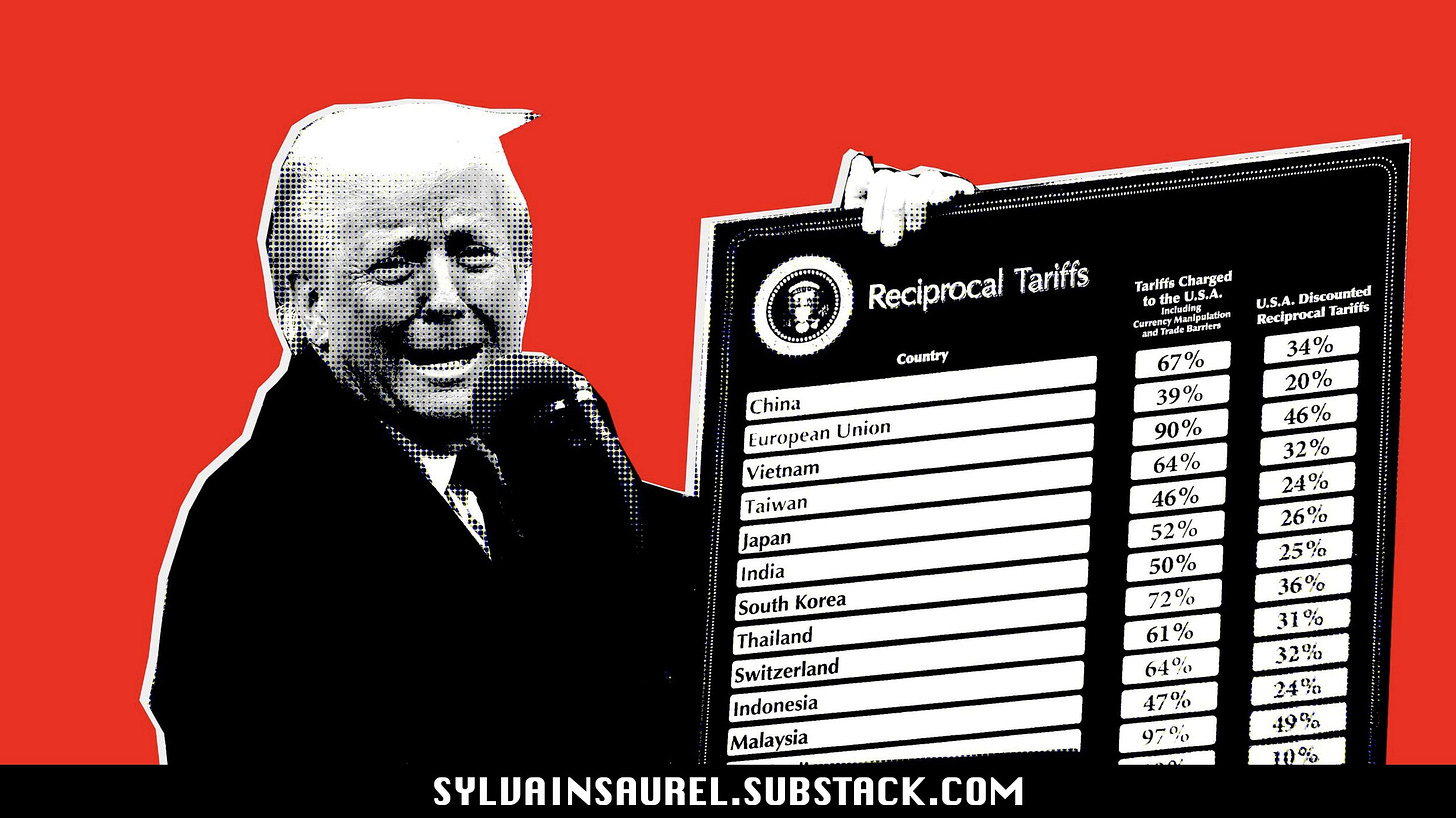5 "Quantum-Proof" Skills to Start Building Today.
It's Not About Competing with Machines, It's About Mastering the Art of Being Human.
Marseille, France – It’s a bright, breezy Saturday morning, September 6th, 2025. From a balcony in the Le Panier neighborhood, the view is a timeline in itself. Below, the ancient Vieux-Port bustles, a harbor that has welcomed Greek traders, Roman galleys, and medieval merchant ships. It’s a place that has seen countless waves of change, each one reshaping the skills and fortunes of this city’s inhabitants. Today, another wave is building on the horizon, one far more transformative than any before: the dawn of the Quantum Age.
The fusion of artificial intelligence and quantum computing promises a world of breathtaking power—machines capable of solving problems once thought impossible. With this promise comes a deep and personal anxiety, a question that whispers in the quiet moments of a Saturday morning:
“Will my skills become obsolete? Will a machine be able to do my job better than I can?”
This fear is rational, but the common response—to try and out-compete the machines on their own terms—is a losing game. You will never out-calculate a quantum computer. You will never out-memorize a large language model. The path to resilience, to becoming “quantum-proof,” is not to race against the machine, but to cultivate the deep, nuanced, and irreplaceable skills that are uniquely human.
These are not the technical skills of today, but the foundational mindsets of tomorrow. They are the bedrock of value in a world of infinite computational power. Here are five quantum-proof skills you can, and should, start building today.
Don't Teach Your Kids to Code, Teach Them This: 3 Mindsets for the Quantum Age.
Marseille, France – It’s a typically bright Saturday morning here on the coast of Provence, just before 9 AM on August 30, 2025. From a café, you can watch the world hum along with a familiar rhythm. Near the university, students are likely hunched over laptops, learning Python or Java. Across the city, parents are researching coding bootcamps for their…
1. Expert Question Framing (The Oracle’s Whisperer)
For the entirety of human history, society has valued those who possessed the right answers. We revered the scholars, priests, and experts who held knowledge. The digital age shifted this slightly, valuing those who could quickly find the right answers online. The Quantum Age will flip this paradigm entirely. In a world where any well-posed question can be answered almost instantly by an unimaginably powerful AI, the most valuable person in the room will be the one who can ask the best questions.
Why It’s Quantum-Proof: A Quantum AI is the ultimate answer engine, an oracle of computation. But an oracle is useless without a supplicant who knows how to frame a query. The AI can explore a billion different drug molecules, but it needs a human to ask, “Which of these molecules will bind to this specific protein to inhibit its function, while also having low toxicity and the ability to cross the blood-brain barrier?” The machine performs the calculation; the human provides the context, the constraints, and the creative spark that initiates the entire process. The future of knowledge work lies not in having the answer, but in being a “problem architect”—deconstructing vast, fuzzy challenges into a series of precise, elegant, and solvable questions.
How to Start Building It:
Practice Deconstruction: Take a large, complex problem—either from the news or your own life—and spend 30 minutes writing down every possible question you can think of about it. Don’t try to answer them. The goal is to learn to see a single problem as a constellation of smaller inquiries.
Cultivate Intellectual Humility: Get comfortable saying “I don’t know.” This simple phrase is the starting point of all great questions. It opens the door to curiosity rather than closing it with a false sense of certainty.
Read Voraciously and Ask ‘Why?’: Read outside your area of expertise. When you encounter something you don’t understand, don't just skim past it. Stop and ask: Why is this the way it is? Who decided this? What are the underlying assumptions? Train your brain to be an engine of inquiry, not just a vessel for information.
2. Radical Synthesis (The Idea Weaver)
Our educational and professional systems have pushed us towards ever-increasing specialization. We become experts in a single, narrow domain. AI will accelerate this to its logical conclusion, becoming the ultimate specialist in every conceivable field, possessing deeper knowledge of a single topic than any human ever could. The great irony is that in a world of infinite specialists, the most valuable player will be the generalist—the synthesizer who can connect the dots between disparate fields to create something entirely new.
Why It’s Quantum-Proof: True innovation rarely happens from digging deeper into a single hole. It happens at the intersections, the unexpected collision of different ideas. A Quantum AI can tell you everything there is to know about mycology and everything there is to know about architecture, but it is the human synthesizer who will have the flash of insight: “What if we could use the principles of mycelial networks to design more resilient and adaptive buildings?” This skill of “idea weaving”—of finding the hidden analogies and connecting principles across domains—is a deeply creative act that lies at the heart of human ingenuity.
How to Start Building It:
Become a “T-Shaped” Person: Cultivate deep expertise in one primary field (the vertical bar of the “T”), but combine it with a broad, curious interest in many others (the horizontal bar). Dedicate time each week to learning about a topic that has nothing to do with your career.
Study the History of Innovation: Read the biographies of polymaths like Leonardo da Vinci or Benjamin Franklin. Analyze how breakthroughs, from the printing press to CRISPR, occurred at the intersection of different disciplines, technologies, and social needs.
Start an “Analogy Journal”: Once a day, try to connect two seemingly unrelated things. How is managing a team like conducting an orchestra? How is a city’s traffic flow like the circulatory system? This practice builds the mental muscles needed to see patterns and connections everywhere.
3. Deep Empathy & Persuasion (The Human Bridge)
As AI automates routine analytical and administrative tasks, the work that remains will be centered on the one thing machines can only ever simulate: genuine human interaction. The ability to understand, motivate, and connect with other people—leadership, complex negotiation, mentorship, and collaborative problem-solving—will become a premium, sought-after skill. The more efficient the world becomes, the more we will crave authentic human connection.
Why It’s Quantum-Proof: An AI can analyze a team’s performance data and suggest optimal workflows. It cannot, however, sit down with a struggling employee, listen with genuine empathy, and offer the encouragement that helps them find their confidence. A Quantum AI can model a perfect negotiation strategy, but it cannot build the years of trust and rapport that are often what actually closes the deal. These high-stakes, emotionally nuanced interactions require a “social intelligence” that is deeply embodied and context-aware. They are the work of the human bridge.
How to Start Building It:
Practice Active Listening: In your next conversation, commit to listening not just to respond, but to truly understand. Paraphrase what the other person said to confirm you've understood it (“So, what I hear you saying is…”). This simple act is the foundation of all empathy.
Engage in Low-Stakes Negotiation: Go to a local market, like the ones here in Marseille, and practice the art of friendly haggling. This teaches you to read social cues, build quick rapport, and find mutually beneficial outcomes.
Mentor Someone: The act of teaching and guiding another person is one of the most powerful ways to develop both empathy and leadership skills. It forces you to see the world from another's perspective and tailor your communication to their needs.
4. Ethical Governance (The Moral Compass)
A Quantum AI will be the most powerful optimization tool ever created. We can ask it to design a corporate supply chain that maximizes profit, and it will do so with terrifying efficiency. But it will not, and cannot, ask if that optimized supply chain relies on unethical labor practices or devastates a local ecosystem. It can calculate, but it cannot comprehend. It has intelligence, but it has no wisdom. As our tools become exponentially more powerful, so too does the need for human oversight and ethical judgment.
Why It’s Quantum-Proof: The role of the “human in the loop” will evolve from a supervisor of tasks to a steward of values. In every industry, we will need people who can ask the hard questions: “Just because we can do this, should we?” These individuals will be the moral compass for our technology, responsible for aligning the raw power of AI with long-term human values. This is not a job for an algorithm; it is a profound human responsibility.
How to Start Building It:
Study Practical Philosophy: You don’t need a degree in ethics, but reading introductory texts on frameworks like utilitarianism, deontology, and virtue ethics gives you a language and structure for thinking about complex moral problems.
Analyze Tech Case Studies: Read about the real-world ethical dilemmas posed by social media algorithms, facial recognition, and AI bias. For each case, try to argue from multiple perspectives to understand the competing values at play.
Think in Second and Third Orders: For any new technology or decision, practice thinking beyond the immediate impact. Ask: What is the second-order consequence of this? And the third? Who benefits, and who might be unintentionally harmed down the line?
5. Mastery of the Physical Domain (The Master Artisan)
For all its cognitive might, Quantum AI exists purely in the realm of information. It has no body. It cannot shake a hand, comfort a patient, prepare a meal, or build a house. While robotics will advance, the nuanced, adaptive intelligence that comes from a lifetime of interacting with the physical world—what is known as “embodied cognition”—will remain a uniquely valuable human trait.
Why It’s Quantum-Proof: The world will always need skilled surgeons whose hands can perform miracles, master electricians who can intuitively diagnose a problem in a complex building, and chefs whose sense of taste and touch can create transcendent experiences. These are not just manual tasks; they are a profound form of intelligence where the brain, hands, and senses work in a seamless, creative loop. This mastery of the physical domain, whether in the trades, the arts, or caregiving, is a deeply human endeavor.
How to Start Building It:
Take Up a Craft: Learn woodworking, pottery, painting, or even cooking at a high level. Engage in activities that require dexterity and a deep connection to physical materials.
Value the Trades: Recognize the incredible skill and problem-solving ability involved in trades like plumbing, carpentry, and mechanics. If you’re young, consider them as a viable and resilient career path.
Practice Mind-Body Connection: Activities like playing a musical instrument, practicing martial arts, or yoga are not just hobbies; they are exercises in training a highly intelligent and adaptive physical system.
A Ship for a New Shore
Looking out from this ancient port city, it’s clear that the future is a new and undiscovered shore. We cannot know its exact shape or what challenges it will hold. But we can choose how we build our ships. To try and compete with Quantum AI on the grounds of speed and data is to build a flimsy raft. But to invest in these five uniquely human skills is to build a sturdy, resilient vessel, capable of navigating whatever comes. The tide is rising, and the time to start building is now.
The Silent Revolution: How AI is Redefining American Education, Between Radiant Promises and Creeping Dystopia.
In a Colorado classroom, pre-teens’ faces are illuminated by the glow of screens. They are not reviewing algebra or analyzing a poem. They are conversing. Their interlocutor, infinitely patient and possessing a flawless memory, introduces itself as Elie Wiesel, the Nobel Peace Prize laureate and Holocaust survivor. The students ask poignant questions ab…
Your Bitcoin is More Than a Pet Rock: 3 Productive Uses for Your Stack.
Bitcoin is not a rock; Bitcoin is bedrock.
The Great Reversal: How the Markets Fell in Love with Trump's Tariffs.
In a matter of days, the market had gone from "tariffs are a disaster" to "heavens, let’s hope they don't take the tariffs away."

